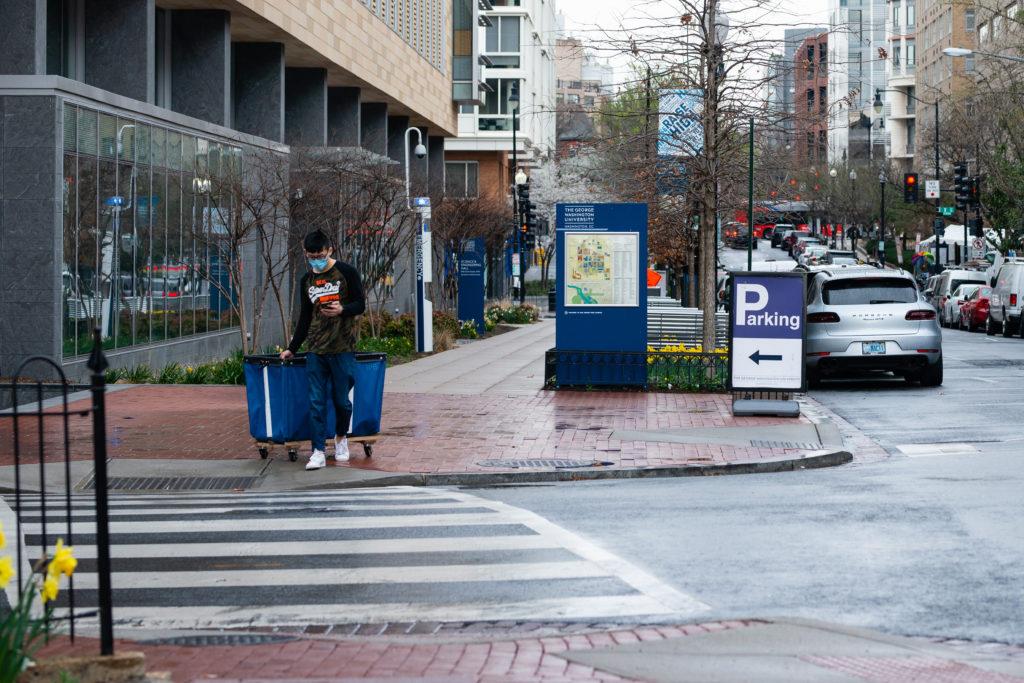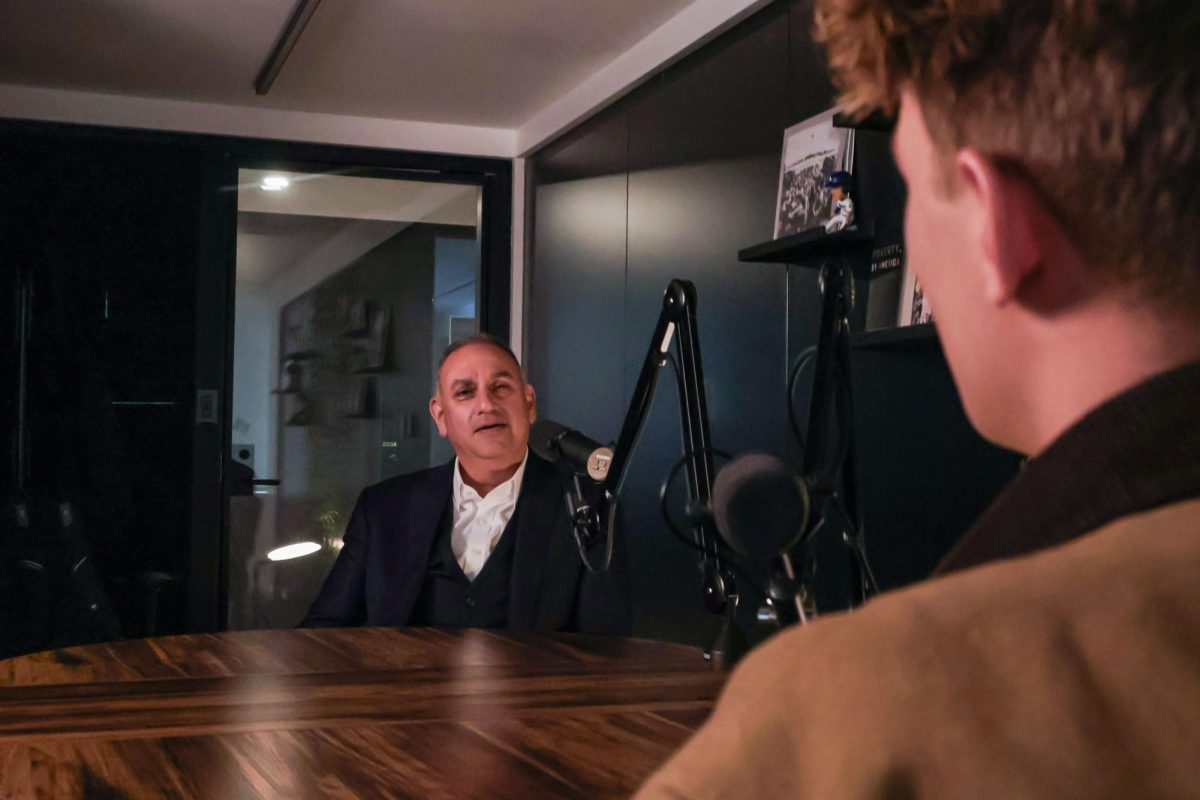In light of the University’s move online this fall, international students needed to weigh living on campus or adjusting their course loads abroad to accommodate time differences.
Administrators announced last month that on-campus housing would be offered this fall to about 500 students facing “extenuating circumstances,” like those involved in programs with in-person learning and students beginning the semester from outside the United States. In interviews, some international students said they decided to live in residence halls this fall to avoid a 12-hour time difference, while others said they will stay home and adapt their schedules to Eastern Daylight Time by taking classes in early mornings or evenings.
Incoming freshman John Yang has attended high school in the United States for the last two years and was unable to return home to Beijing, China, in March when the COVID-19 pandemic prompted the closure of schools and many international flights. With his host family in Michigan unable to accommodate his extended stay and the possibility of flying back home slim, Yang said he emailed the Office of Undergraduate Admissions explaining his circumstances.
“It is impossible for me to get an international ticket,” Yang said. “First of all, because of the pandemic they cut all the general international airlines, so there are only about two or three flights every week from the U.S. to Beijing or to cities in China.”
Yang, who is majoring in applied science and technology and now living on campus this fall, said the virtual learning semester would have been “very inconvenient” had he returned to China and taken classes at home. He said he wanted to experience American culture and college even if he was taking online school, which would have been more difficult given the 12-hour time difference between China and D.C.
“The whole time zone is upside down,” Yang said. “So it’s very inconvenient. That’s the first reason, other one’s that I feel it’s not a very good experience for me to do the whole online school instead of on campus. The purpose I came here is not only for online school, but I just want to meet people and experience American culture.”
Sophomore Shwe Einthe, an international student from Myanmar staying in on-campus housing for the semester, said she had reservations about traveling during the pandemic because of health risks but ultimately decided to apply to return to campus.
Einthe said her visa expired in June at the same time the U.S. embassy in Myanmar was shuttered to slow the spread of the virus. Had the embassies not begun operating remotely and renewed her visa, she would have been unable to return to campus, Einthe said.
“I originally was not planning on returning to campus just because I didn’t think that I could,” Einthe said. “One of my biggest obstacles for me with my country, and I’m from Myanmar, was that my visa had expired. And I didn’t think that the U.S. was going to issue a new visa because the U.S. actually closed all of its embassies for a period of time.”
Einthe said the University communicated clearly with international students to assure anyone seeking housing would be able to, but she added that she needed to follow up on information about returning to campus and the required quarantining period.
She said the International Services Office has been helpful in answering questions when she reaches out, but officials have not offered any general information for students who will remain outside of the country about ensuring asynchronous lectures or community engagement.
“You kind of have to do your own research and ask questions based on, ‘This is my issue, how are we going to solve it?’” Einthe said. “We haven’t heard anything in terms of time zones. How can we get textbooks? What about if you’re from another country where maybe some websites are restricted or blocked?”
The ISO is currently hosting virtual academic counseling meetings with students needing advice in their courses, according to its website. The ISO also provides updates about the federal government’s restrictions on traveling or entry into the country with an explanation if they affect students or not.
Some international students said they are planning to complete their studies abroad due to financial and travel limitations and plan to manage their course loads and lectures in different time zones using tips they picked up last semester, like scheduling classes at night.
Ajay Uppalari, a sophomore majoring in political science, had been in San Francisco since March when the University first announced remote learning for the spring. He said he originally planned to return to campus this fall, but he decided he would go back to Hyderabad, India to complete the semester to minimize the cost of classes.
Uppalari said he has reservations about taking courses from India but feels more comfortable about the situation because most of his classes would be with professors he already has relationships with. He said he’ll likely stay awake between all of his classes, which will begin at 5:30 p.m. his time and take place through the evening.
He added that he wished the University had communicated with students earlier about the remote semester so he could have focused on finding flights to India instead of preparing for his return to campus.
“Considering that we’re moving completely online, the entire idea of the cost of college and return on investment for college has changed dramatically,” Uppalari said. “So now I’m trying to minimize cost as much as I can because the return on investment that I’m expecting is now uncertain.”








